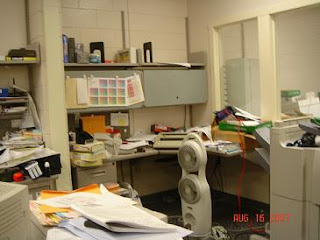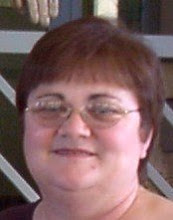
Being a professional developer working in a lot of struggling schools (and many not so struggling) I get to meet and see people who believe and practice this principle of being their brothers' keeper. Almost all of these educators are spending their careers in schools in order to make a difference in the lives of our young people. However, what I have seen in the last 8 years is a beating down of educators. They have been made to feel like failures when what they are being asked to do is a Herculean task. We need to engage everyone if we are going to truly change the face of the American public educational system. Besides educators, we need to parents, community, and government to partner with us - not against us. When I see teachers who feel "on the edge" - teachers who are working well into the night because they have no technology in their classrooms - teachers who believe their school could be closed at any given moment even though they are doing everything in their power to help students achieve, I get angry. This happens more frequently than not. Good schools are being closed because the school didn't make AYP. Done deal! They must be punished! The mentality is "Let's close the school instead of assisting their efforts of improvement." What an overly simplistic view! It seems that the educational system has made the mistake that Heifitz and Linsky talk about in their book, Leadership On the Line. In fact, it is a great example of applying a technical solution (close or "reconstitute" a school) to an adaptive problem (an urban school where AYP has not been made.) Notice that I didn't say "failing school." Many schools that don't make AYP are not failing; in fact, many of them are doing great work.
This brings me back to where I started. There is a huge need for CHANGE in the public schools of America. I believe that "I am my brothers' keeper." I want my grandchildren to have the American dream if they work for it. I am supporting Barack Obama openly and publicly. Please carefully think about this upcoming election. There is so much at stake!





